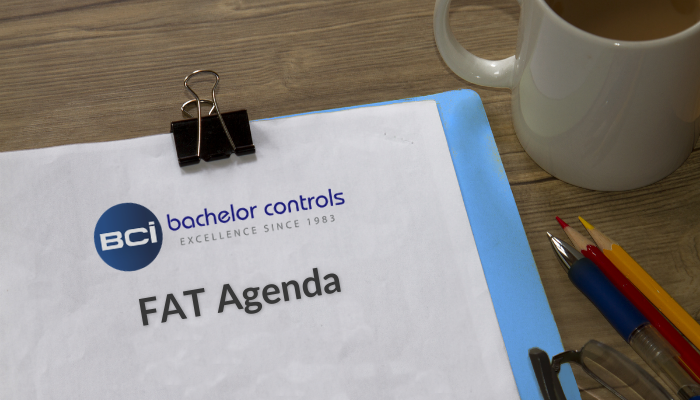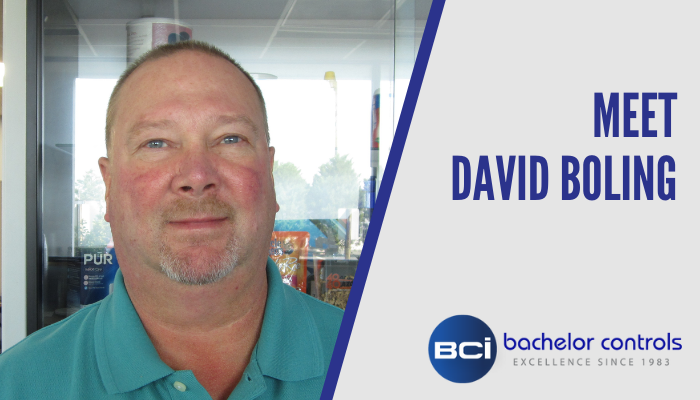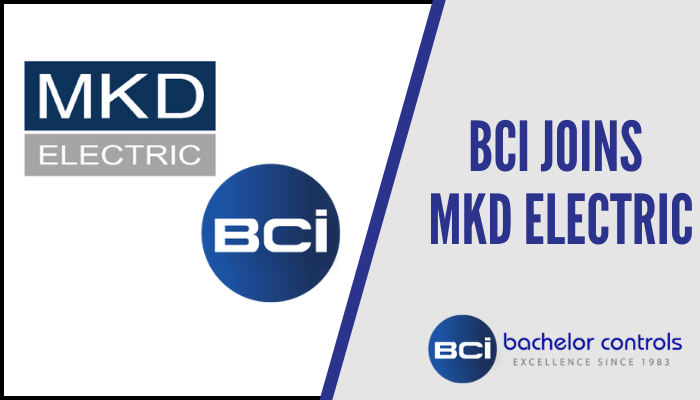
At Bachelor Controls, we don’t go to startup until the system is thoroughly tested and the scope is verified with the customer. A prime example of this culture comes through in our Factory Acceptance Tests (FATs). For some integrators, the FAT is merely a checkbox that stands between them and the project closeout. For us, it is a critical piece of the project process that ensures quality and a smooth project startup.
What you can expect at a FAT:
- FATs take place at a BCI location prior to shipment to the project site
- Anyone from the client team is encouraged to attend
- Test & simulate the system with client at BCI prior to shipment to project site
- Code will be fully programmed and ready to test
- Is an opportunity for operator instruction and/or training
- Provides an environment to test potential situations outside normal operating parameters that might otherwise risk equipment damage or waste product
Our Factory Acceptance Tests aren’t just to show that the system is acceptable – but that it is exceptional. We will simulate and test all the major functions and allow the client to run their test scenarios. We encourage clients to “break” the system intentionally, so that they can learn how to recover.
Here, “good enough for now” is not okay. We want to move through this process with a sense of urgency, but we will not hurry or get sloppy.
FAT is an opportunity for us to verify the customer is ready for us to come to Startup and we will review our start-up compliance checklist with them. Also, we review the Startup Schedule at FAT to ensure we are all on the same page and nothing is missed.
Why FATs are So Critical
First, it is important to realize that what is not addressed in the FAT will need to be handled on-site at start-up. Every customer knows that start-up time is vastly more expensive in terms of downtime, lost production, and resource demands. So, the shorter start-up can be, the less expensive the project becomes.
Therefore, FATs save that expensive time in two ways:
- We reduce the overall start-up time, including programming and debugging, onsite.
- We reduce the learning curve for operators, because they can train on the system before the training time uses production time. Typically the operators that are trained at FAT become champions for the systems and then become the resource for the other operators of the system.
Factory Acceptance Tests are one very important part of the BCI Project Methodology that gives our clients the best value through startup.



